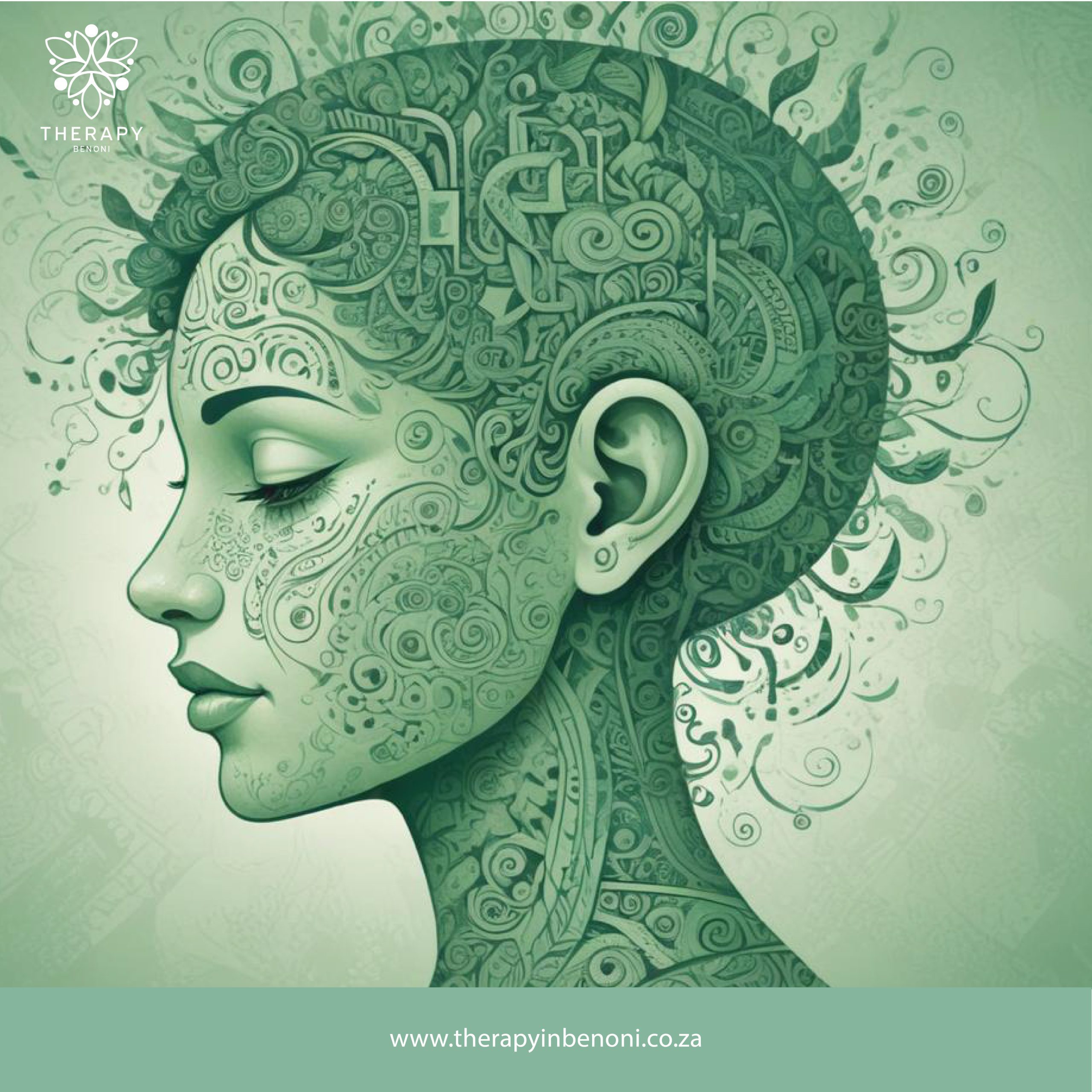Child Psychologists in Germiston for Emotional Disorders
Diagnosing and Treating Emotional Disorders in Children
Role of Psychologist for children near Germiston
Child psychologists play a crucial role in managing emotional disorders. They use specialized diagnostic tools. Therapy in Benoni focuses on tailored treatment plans. Accurate diagnosis is key to effective treatment.

Diagnostic Techniques Used
Various techniques identify emotional disorders in children. Observations and standardized tests are commonly employed. Psychologists also use interviews and behavior analysis. These methods ensure a comprehensive understanding of the child’s condition.

Types of Emotional Disorders
Common emotional disorders include anxiety, depression, and PTSD. Each disorder requires a specific approach. Therapy in Benoni provides targeted treatments. Understanding each disorder is crucial for effective therapy.
Treatment Methods
Treatment may involve cognitive-behavioral therapy or play therapy. Medication might be used in conjunction with therapy. Each treatment plan is child-specific. Therapy in Benoni ensures the best possible outcome for each child.
The Therapeutic Process
The therapeutic process is carefully planned by our psychologists. It begins with an accurate diagnosis. Follow-up sessions evaluate treatment efficacy. Therapy in Benoni adjusts approaches based on the child’s progress.


Parental Guidance and Support
Parents play a significant role in treatment. Therapy in Benoni educates parents on how to support their children. Home strategies complement clinical interventions. Ongoing support is crucial for recovery.
Holistic Approaches Used
Parents play a significant role in treatment. Therapy in Benoni educates parents on how to support their children. Home strategies complement clinical interventions. Ongoing support is crucial for recovery.

Signs of Emotional Disorders in Children
Recognizing signs of emotional disorders in children is crucial for timely intervention and support. Children may exhibit persistent sadness or irritability, seeming unusually tearful or moody without a clear reason. Social withdrawal is common, with children avoiding friends, family, and activities they once enjoyed. Noticeable changes in behavior, such as increased aggression, defiance, or extreme mood swings, can also indicate emotional distress. A sudden decline in school performance, lack of concentration, and disinterest in schoolwork often suggest underlying issues. Physical symptoms like frequent headaches, stomachaches, or other unexplained ailments may manifest emotional problems. Significant changes in sleep patterns, such as insomnia or excessive sleeping, and alterations in appetite, including overeating or loss of appetite, are red flags. Additionally, children may exhibit excessive worry or fear about everyday activities. Any indication of self-harm behaviors or expressions of suicidal thoughts should be taken very seriously and addressed immediately. If these signs are present, seeking professional help can provide the necessary support and intervention for the child’s emotional well-being.
Innovative Treatment Techniques
We incorporate innovative techniques in our treatments. These include virtual reality and biofeedback. Therapy in Benoni stays at the forefront of technological advancements. New techniques often enhance traditional therapeutic methods.


Long-term Management Strategies
Effective management of emotional disorders involves long-term strategies. Therapy in Benoni focuses on sustainable improvement. Preventative measures are also discussed. These strategies help in managing potential relapses.
Supporting Emotional Disorders in Children
Supporting children with emotional disorders requires a compassionate and multi-faceted approach. Creating a safe and understanding environment at home is crucial, where children feel comfortable expressing their feelings without fear of judgment. Professional help from psychologists or counselors can offer tailored therapeutic strategies to address specific emotional challenges. Encouraging regular routines, healthy lifestyle habits, and activities that promote relaxation and joy can help children manage their emotions more effectively.

Advancements in Child Psychology
The field of child psychology is continuously evolving. Therapy in Benoni integrates the latest research into practice. Advances in understanding emotional disorders shape our therapeutic approaches. This ensures state-of-the-art care for our clients.
Confidentiality in Supporting Children with Emotional Disorders
Confidentiality is a cornerstone in supporting children with emotional disorders at Therapy in Benoni. Ensuring that all discussions and therapy sessions remain private helps build trust between the child, their family, and the therapist. This secure environment allows children to express their feelings and concerns openly, without fear of judgment or breach of privacy. By maintaining strict confidentiality, we provide a safe space for children to explore their emotions and work towards emotional well-being.

Feedback Systems in Therapy
Feedback from sessions informs our therapy practices. Therapy in Benoni values input from children and parents alike. This feedback helps refine treatment plans. Adjustments are made to ensure optimal therapy effectiveness.

Professional Development in Child Psychology
Continuous professional development is vital for our psychologists. Therapy in Benoni encourages ongoing education. Our team is trained in the latest diagnostic and treatment methods. This knowledge is critical in providing top-notch care.
Preparing Children for Sessions
Preparing children for psychological sessions is crucial. Therapy in Benoni offers pre-session guidelines. These help children feel comfortable and secure. Preparation enhances the effectiveness of the therapeutic process.
Future Trends in Child Psychology
Therapy in Benoni is keen on future trends in child psychology. We anticipate new treatment methodologies. Staying ahead helps us adapt our approaches. Our goal is always to provide leading-edge psychological care.
